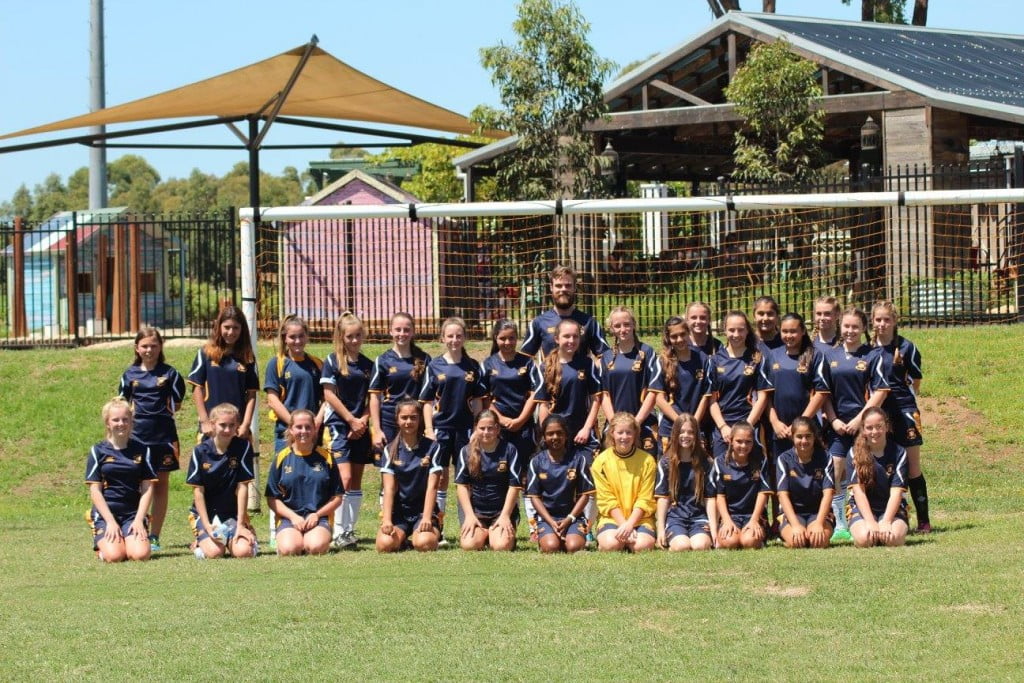Why Youth Sports Are Essential for Kids’ Mental Health in New York
Growing up in a fast-paced city like New York can be both exciting and overwhelming for children. The academic pressures, digital distractions, and limited outdoor playtime often affect kids’ mental health. One of the most effective ways to nurture well-being, confidence, and resilience in children is through youth sports.
At the Youth Rescue Project, we believe that organized sports not only improve physical fitness but also play a vital role in supporting mental health, social development, and emotional growth. Whether it’s basketball in Brooklyn, soccer in Queens, or baseball in the Bronx, kids who participate in sports benefit from a sense of belonging, reduced stress, and stronger life skills.
Explores the mental health benefits of youth sports for kids in New York, why it matters, and how parents can encourage healthy participation for their children.
The Connection Between Mental Health and Youth Sports
How Physical Activity Reduces Stress and Anxiety
Exercise stimulates the release of endorphins—natural “feel-good” hormones that combat stress and anxiety. For children, engaging in regular sports activities helps regulate emotions and reduce negative thinking patterns.
Building Emotional Resilience Through Sports
Sports teach kids how to handle both victories and defeats. In competitive environments, children learn coping skills, problem-solving, and perseverance, all of which strengthen their emotional resilience.
The Role of Structured Activities in Mental Wellness
Children thrive in structured environments. Youth sports provide a routine that balances schoolwork, social life, and personal time, reducing the risk of mental health challenges like depression or isolation.
Youth Sports Benefits for Kids in New York’s Urban Environment
Opportunities for Social Interaction
In a city as diverse as New York, sports unite kids from different cultural and social backgrounds. Participating in a team helps children develop friendships, empathy, and communication skills.
Reducing Digital Dependency
With screen time at an all-time high, youth sports offer a healthy alternative. Being part of a sports program encourages kids to spend less time on devices and more time in active play.
Access to Safe Spaces in the City
Organizations like the Youth Rescue Project provide safe environments for children to practice sports. For families living in crowded neighborhoods, this access is crucial to keeping kids engaged in positive, structured activities.
Confidence and Self-Esteem Through Youth Sports
Learning From Achievement and Progress
Whether scoring a goal, improving speed, or mastering a new skill, every milestone contributes to a child’s self-esteem. In New York, where competition is high, achieving success in sports helps children recognize their unique abilities.
Overcoming Fear of Failure
Sports naturally come with challenges and setbacks. Learning to overcome losses builds character and reduces the fear of failure in other aspects of life, including academics.
Positive Reinforcement From Coaches and Peers
The encouragement kids receive from coaches, mentors, and teammates fosters a sense of worth and belonging, boosting long-term confidence.
Long-Term Life Skills Gained From Youth Sports in New York
Teamwork and Collaboration
Working together to achieve a common goal teaches children the value of cooperation and respect for others. These skills translate into stronger academic performance and healthier relationships.
Leadership Development
Youth sports often provide opportunities for children to step into leadership roles—such as team captains—helping them learn responsibility and decision-making.
Time Management and Discipline
Balancing school, practice, and personal life teaches children how to prioritize tasks and manage their time effectively.
Youth Sports and Academic Success
Cognitive Benefits of Regular Physical Activity
Research shows that children who participate in sports often perform better in school. Exercise improves memory, concentration, and overall brain function.
Motivation and Goal-Setting
The discipline gained from sports translates into academic motivation. Kids set goals, track progress, and learn to celebrate achievements both in classrooms and on the field.
Reduced Risk of Behavioral Issues
Participation in youth sports provides a positive outlet for energy and emotions, reducing the likelihood of behavioral problems in school.
Overcoming Barriers to Youth Sports Participation in New York
Financial Challenges for Families
Many families face financial constraints that limit access to organized sports. The Youth Rescue Project works to make programs more affordable and accessible for all children.
Lack of Time in Busy Family Schedules
With parents balancing work and long commutes, scheduling youth sports can feel overwhelming. Flexible programs and community-driven initiatives can help ease this challenge.
Encouraging Girls in Sports
Despite progress, girls still face barriers to sports participation. Encouraging inclusivity and representation is essential for equal mental health benefits.
Role of Parents in Supporting Kids’ Mental Health Through Sports
Encouragement Without Pressure
Parents should focus on supporting rather than pressuring their children. Overemphasis on winning can lead to stress and burnout.
Balancing Sports With Rest and Recovery
Rest is as important as practice. Adequate sleep and downtime help children enjoy sports while maintaining emotional balance.
Celebrating Effort Over Results
Recognizing effort fosters resilience and motivates children to stay engaged, even during difficult times.
Community Programs in New York That Promote Youth Sports
Role of Youth Rescue Project
The Youth Rescue Project is committed to creating accessible sports programs that support mental health and overall well-being for kids across New York. By focusing on safe spaces, mentorship, and inclusive opportunities, the organization ensures that every child can benefit from the power of sports.
School-Based Initiatives
Public and private schools across New York integrate sports programs that encourage healthy competition and community building.
Local Partnerships and Non-Profits
Community centers and non-profits often partner with organizations like the Youth Rescue Project to bring free or low-cost sports opportunities to underserved neighborhoods.
What Parents Ask in New York
“How do youth sports improve mental health in kids?”
Sports reduce anxiety, promote socialization, and teach emotional resilience.
“Best youth sports programs in New York for mental health”
Organizations like the Youth Rescue Project provide programs tailored to both physical and mental well-being.
“How to balance school and youth sports in New York City?”
Parents can establish structured routines that balance academics with healthy sports engagement.
Actionable Tips for Parents to Maximize Mental Health Benefits
Choose Sports Based on Interest, Not Pressure
Children thrive when they play sports they genuinely enjoy rather than those imposed by parents.
Prioritize Safe Coaching and Mentorship
Seek programs that provide professional coaches who emphasize safety, skill-building, and mental wellness.
Encourage Social Connection
Sports are not just about performance—they’re also about friendship. Encourage kids to view teammates as a support system.
Future of Youth Sports and Mental Health in New York
As awareness of mental health continues to grow, youth sports programs are evolving to prioritize emotional well-being alongside athletic performance. With support from initiatives like the Youth Rescue Project, New York is setting an example for how communities can nurture both the body and mind of the next generation.
Final Thoughts: Empowering Kids Through Sports and Mental Health Support
Youth sports are more than physical activity, they are an investment in a child’s mental and emotional future. From reducing stress to building confidence, teamwork, and resilience, sports give kids the tools they need to thrive in New York’s demanding environment.
The Youth Rescue Project remains dedicated to ensuring that every child has access to safe, supportive, and inclusive sports programs that promote lifelong well-being. By encouraging children to participate in sports, parents and communities are helping shape healthier, happier futures.

